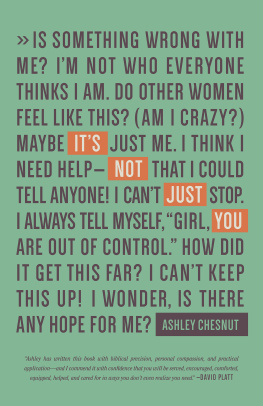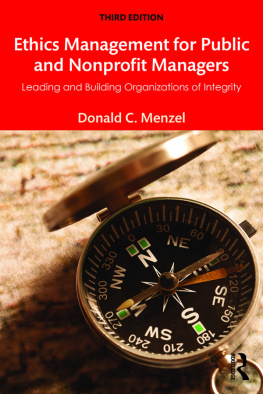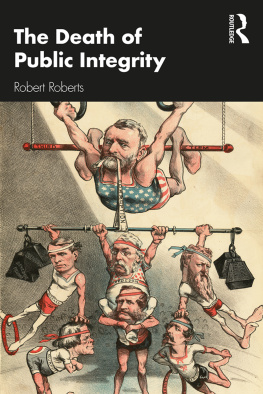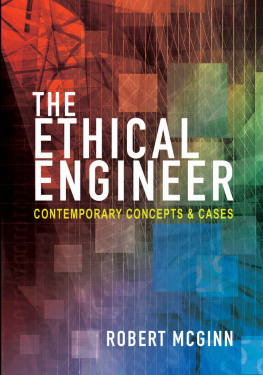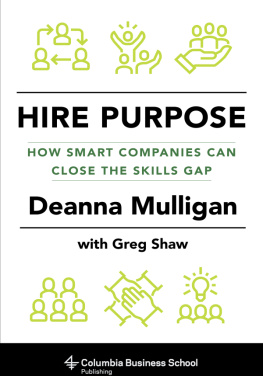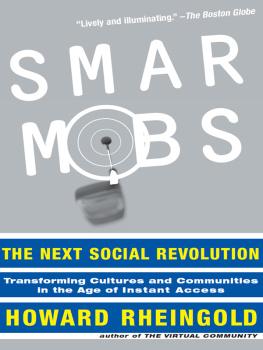Robert Chesnut - Intentional Integrity: How Smart Companies Can Lead an Ethical Revolution
Here you can read online Robert Chesnut - Intentional Integrity: How Smart Companies Can Lead an Ethical Revolution full text of the book (entire story) in english for free. Download pdf and epub, get meaning, cover and reviews about this ebook. year: 2020, publisher: St. Martins Publishing Group, genre: Home and family. Description of the work, (preface) as well as reviews are available. Best literature library LitArk.com created for fans of good reading and offers a wide selection of genres:
Romance novel
Science fiction
Adventure
Detective
Science
History
Home and family
Prose
Art
Politics
Computer
Non-fiction
Religion
Business
Children
Humor
Choose a favorite category and find really read worthwhile books. Enjoy immersion in the world of imagination, feel the emotions of the characters or learn something new for yourself, make an fascinating discovery.

- Book:Intentional Integrity: How Smart Companies Can Lead an Ethical Revolution
- Author:
- Publisher:St. Martins Publishing Group
- Genre:
- Year:2020
- Rating:3 / 5
- Favourites:Add to favourites
- Your mark:
- 60
- 1
- 2
- 3
- 4
- 5
Intentional Integrity: How Smart Companies Can Lead an Ethical Revolution: summary, description and annotation
We offer to read an annotation, description, summary or preface (depends on what the author of the book "Intentional Integrity: How Smart Companies Can Lead an Ethical Revolution" wrote himself). If you haven't found the necessary information about the book — write in the comments, we will try to find it.
Robert Chesnut: author's other books
Who wrote Intentional Integrity: How Smart Companies Can Lead an Ethical Revolution? Find out the surname, the name of the author of the book and a list of all author's works by series.
Intentional Integrity: How Smart Companies Can Lead an Ethical Revolution — read online for free the complete book (whole text) full work
Below is the text of the book, divided by pages. System saving the place of the last page read, allows you to conveniently read the book "Intentional Integrity: How Smart Companies Can Lead an Ethical Revolution" online for free, without having to search again every time where you left off. Put a bookmark, and you can go to the page where you finished reading at any time.
Font size:
Interval:
Bookmark:
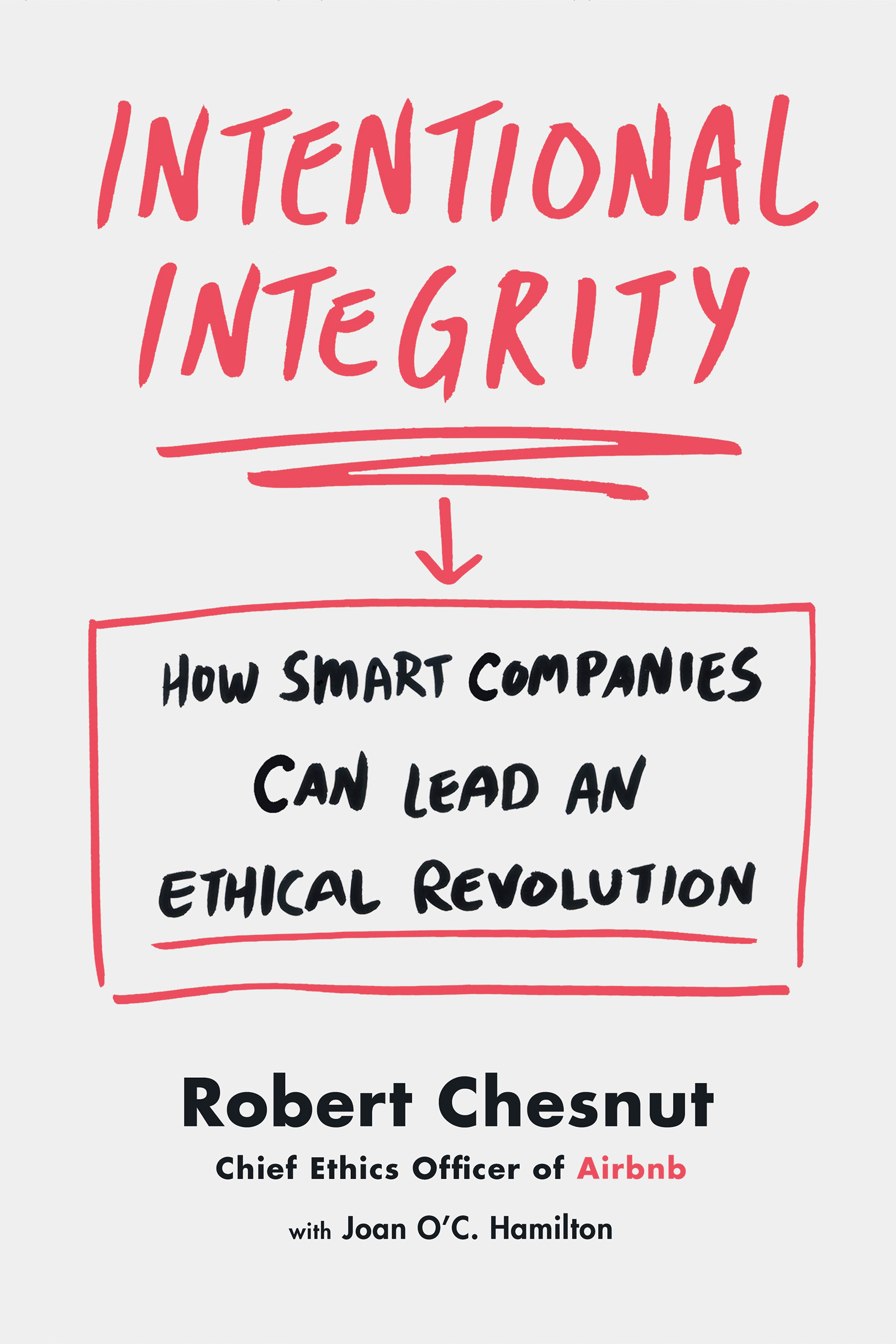

The author and publisher have provided this e-book to you for your personal use only. You may not make this e-book publicly available in any way. Copyright infringement is against the law. If you believe the copy of this e-book you are reading infringes on the authors copyright, please notify the publisher at: us.macmillanusa.com/piracy.
To my family:
my wife, Jillian,
my children, Bianca and Cliff,
my parents, Kitty and Bob,
my extended family Justin, Amanda, Blake, Nick, and Brock,
and of course Uncle Brother
I look out over a room filled with about 50 new hires and throw out the question that always provokes uneasy laughter and side-eye glances.
Show of handswho in this group has integrity?
I wait.
Some hands go right up. Others go halfway, the hires swiveling their heads to scan the room, wondering: Is it cool to raise my hand?
A few, I observe, smiling.
Laughter breaks the tension, resolving into silence; hands start to go down. People shift in their seats.
This is how it beginsa direct, open, mostly enjoyable but sometimes uncomfortable conversation with new employees about what it means to have Intentional Integrity in the workplace.
In 2016, I joined Airbnb as the companys general counsel. Founded in 2008 by three twentysomethings who rented out airbeds on their small San Francisco apartment floor, the company now helps tens of millions of travelers connect with unique accommodations. Airbnbs founders were pioneers in the sharing economy, in which Internet platforms like eBay, Uber, Lyft, Turo, Upwork, Poshmark, and many others leverage existing capacity in everything from shelter and artwork to clothing and vehicles.
So many of these companies, initially praised and celebrated as innovators, now find themselves at the center of important debates about the impact of technology on society. Politicians and the press are asking tough questions about their most significant impacts: Are platforms like Upwork, for example, enabling new flexible ways of working that unlock human potential, or are they just enabling large companies to exploit gig workers? Are ride-sharing companies offering new income sources and making the roads safer, or are they a collection of unregulated operators with too much information about where customers come and go? Is Airbnb helping thousands of people leverage unused space to augment their incomes, or is it reducing the quality of life in neighborhoods? Should we nurture these platforms? Regulate them? Tax them? Or break them up?
For over three years I managed a global legal team that confronted these questions daily, and worked with legal issues impacting our business model in over 190 countries and more than 100,000 cities. At times it was head-spinning. One minute we were concerned with regional conflict overseas, the next with a small-town ordinance governing short-term rentals. We had to figure out how to deal with white supremacists in the United States who had advised their supporters to stay in Airbnbs while traveling for rallies. And then there were the typical duties of any legal team, such as preparing contracts and managing disputes.
Ideally, platform companies like ours would partner with all levels of government leaders and focus on solving at least some of these challenges with well-reasoned policy solutions. However, that has become very hard to do. Our politics have become so fractured and our worlds problems so complex. And even though weve largely avoided the kind of scandals that have plagued so many other companies, I nonetheless understand why politicians, and more importantly the public, are sometimes wary of corporate motives. Data privacy abuses, sexual misconduct, greedy self-dealing, and various other instances of arrogant and entitled behavior have contributed to an erosion of the publics trust in institutions in general.
This might sound grim. But Im an optimist by nature, and Im more convinced than ever that all businesses have a great opportunity right now to step into the leadership void and chart a proactive, ethical course that is good for their full slate of stakeholders. A companys stakeholders are commonly defined to include customers, employees, business partners, communities in which it operates, and, yes, investor shareholders. But to me, especially coming from a global platform company, stakeholders means everybody. Literally. I believe tech companies can make the world better, not just more digital. And if businesses of every size in every industry commit to principles like promoting ethical supply chains, lowering a companys carbon footprint, and declaring a commitment to fight discrimination of all kinds, then these organizations are poised to play a leadership role and make a meaningful and positive difference.
But heres the catch: to be taken seriously, to have the impact I am convinced they can have, business leaders must embrace what I call Intentional Integrity.
Intentional Integrity is not just a vow to be virtuous. It means making a serious and thorough effort to, first, identify an organizations purpose and the values it stands for; then develop specific rules that reflect those values; and finally, drive the importance of following the rules into every cornerand levelof a company. Its often not a straight-line journey, and you need to be prepared for setbacks. But in my experience, the effort can deliver both business success and positive social value. In fact, there is growing evidence that failing to establish trust and ignoring issues important to an organizations entire slate of stakeholders will hurt companies bottom-line performance.
Just as I was finishing this book in the fall of 2019, I transitioned from my role as Airbnb general counsel to run the companys ethics office. I made the move because the Integrity Belongs Here program we started at Airbnb had such an impact on our organization and on individuals that I wanted a chance to focus even more on ethics and push our ideas out into the larger business community. (I could never have imagined the turmoil that would erupt just a few months later as the COVID-19 virus spread around the world. In the postscript, Ive addressed the topic of integrity during a crisis, material that was added after this book was finished and ready for publication.)
As you read, youll notice that Ive always had a fascination with ethics and how to motivate positive behavior. Its been an important aspect of every job Ive ever held, beginning with my years as a federal prosecutor. But in the corporate setting, to achieve the change I want to see, Ive come to think about integrity in a specific way.
What put these ideas in motion for me at Airbnb was that soon after I arrived, there was an explosion of news accounts involving scandals at tech companies. Some of the worst offenses happened literally down the street from our San Francisco offices. Accusations ranged from sexual harassment to illegally selling customer data to foreign actors and even out-and-out fraud (in the case of Theranos). The whos who of tech high-flyersFacebook, Uber, Googlewere being summoned right and left to testify before Congress, and the media were treating them as poster children for arrogance and unethical leadership.
Bad acting isnt confined to tech of course. Across many industries, unethical behavior in recent years has meant the tarnishing of once proud and respected brands, like Volkswagen and, more recently, Boeing. Then there is the #MeToo movement, prompted by a long list of prominent business executives and media figures who engaged in years of inappropriate behavior with junior employees, resulting in scandal, resignations, and in some cases lawsuits and even criminal charges. A number of top universities have been in the spotlight for allowing students to essentially bribe their way in through fraudulent athletic credentials. Even organizations like the Boy Scouts and the Catholic Church have been exposed for covering up thousands of sexual assaults. Talk about a depressing list.
Font size:
Interval:
Bookmark:
Similar books «Intentional Integrity: How Smart Companies Can Lead an Ethical Revolution»
Look at similar books to Intentional Integrity: How Smart Companies Can Lead an Ethical Revolution. We have selected literature similar in name and meaning in the hope of providing readers with more options to find new, interesting, not yet read works.
Discussion, reviews of the book Intentional Integrity: How Smart Companies Can Lead an Ethical Revolution and just readers' own opinions. Leave your comments, write what you think about the work, its meaning or the main characters. Specify what exactly you liked and what you didn't like, and why you think so.


